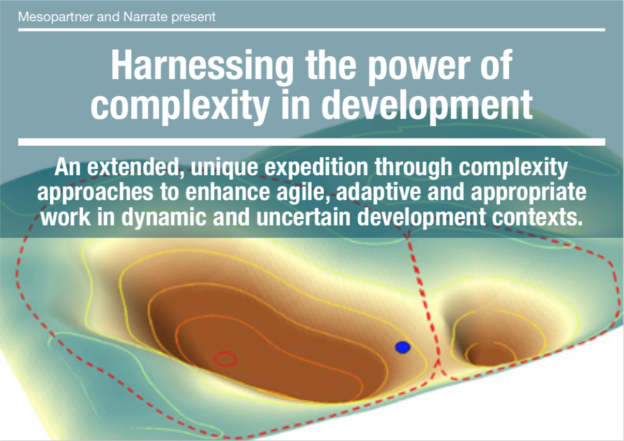Systemic change has been a frequent topic on this blog – as it is in my work. After running after the perfect conceptualisation of systemic change for many years, this post is inspired by my realisation that there may be different ways to look at systemic change – all correct in their own right. I have discussed systemic change with many colleagues and friends and I have always tried to reconcile different views on the concept, only now realising that they might not be reconcilable. So here an attempt of a typology of systemic change (initially differentiating two types) – nothing final, just trying to put my thinking down in writing.
A warning in advance. This article is rather conceptual and I’m introducing some models that might be new to my readers (but then again, I have done that before). I’m trying to sort through recent reading in my mind to better understand the types of systemic change. This should not stop you from reading it of course! I would be happy to discuss this with anybody!

